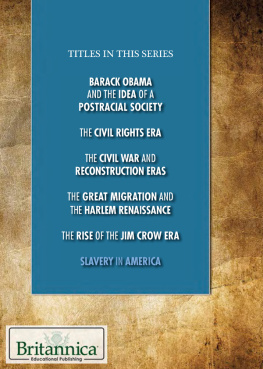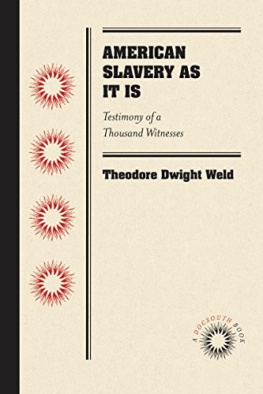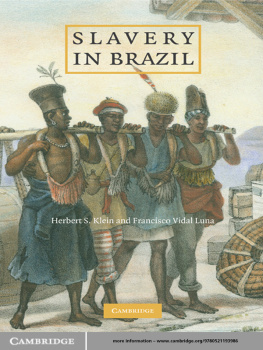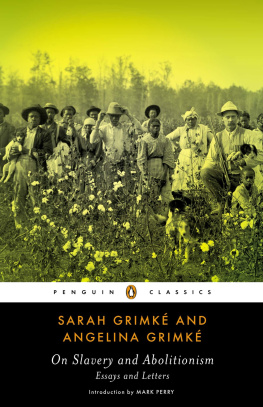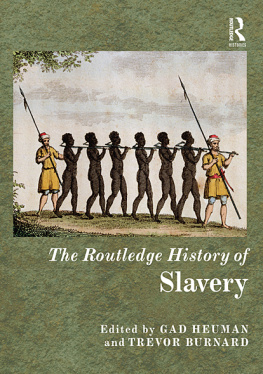Dwight McBride - Impossible Witnesses: Truth, Abolitionism, and Slave Testimony
Here you can read online Dwight McBride - Impossible Witnesses: Truth, Abolitionism, and Slave Testimony full text of the book (entire story) in english for free. Download pdf and epub, get meaning, cover and reviews about this ebook. year: 2002, publisher: NYU Press, genre: Religion. Description of the work, (preface) as well as reviews are available. Best literature library LitArk.com created for fans of good reading and offers a wide selection of genres:
Romance novel
Science fiction
Adventure
Detective
Science
History
Home and family
Prose
Art
Politics
Computer
Non-fiction
Religion
Business
Children
Humor
Choose a favorite category and find really read worthwhile books. Enjoy immersion in the world of imagination, feel the emotions of the characters or learn something new for yourself, make an fascinating discovery.

- Book:Impossible Witnesses: Truth, Abolitionism, and Slave Testimony
- Author:
- Publisher:NYU Press
- Genre:
- Year:2002
- Rating:5 / 5
- Favourites:Add to favourites
- Your mark:
Impossible Witnesses: Truth, Abolitionism, and Slave Testimony: summary, description and annotation
We offer to read an annotation, description, summary or preface (depends on what the author of the book "Impossible Witnesses: Truth, Abolitionism, and Slave Testimony" wrote himself). If you haven't found the necessary information about the book — write in the comments, we will try to find it.
Even the most cursory review of black literary production during the nineteenth century indicates that its primary concerns were the issues of slavery, racial subjugation, abolitionist politics and liberation. How did the writers of these narratives bear witness to the experiences they describe? At a time when a hegemonic discourse on these subjects already existed, what did it mean to tell the truth about slavery?
Impossible Witnesses explores these questions through a study of fiction, poetry, essays, and slave narratives from the abolitionist era. Linking the racialized discourses of slavery and Romanticism, it boldly calls for a reconfiguration of U.S. and British Romanticism that places slavery at its center.
Impossible Witnesses addresses some of the major literary figures and representations of slavery in light of discourses on natural rights and law, offers an account of Foucauldian discourse analysis as it applies to the problem of bearing witness, and analyzes specific narratives such as Narrative of the Life of Frederick Douglass, and The Interesting Narrative of the Life of Olaudah Equiano.
A work of great depth and originality, Impossible Witnesses renders traditional interpretations of Romanticism impossible and places Dwight A. McBride at the forefront of studies in race and literature.
Dwight McBride: author's other books
Who wrote Impossible Witnesses: Truth, Abolitionism, and Slave Testimony? Find out the surname, the name of the author of the book and a list of all author's works by series.

